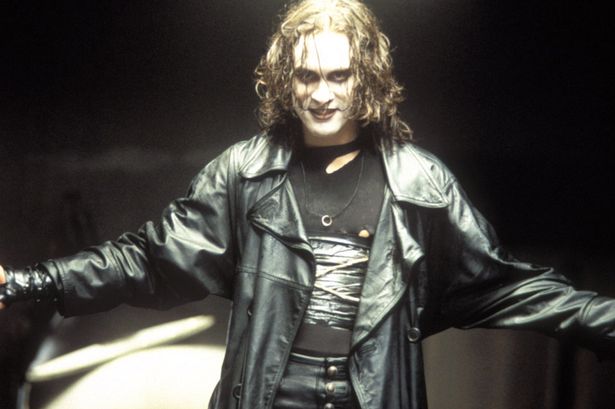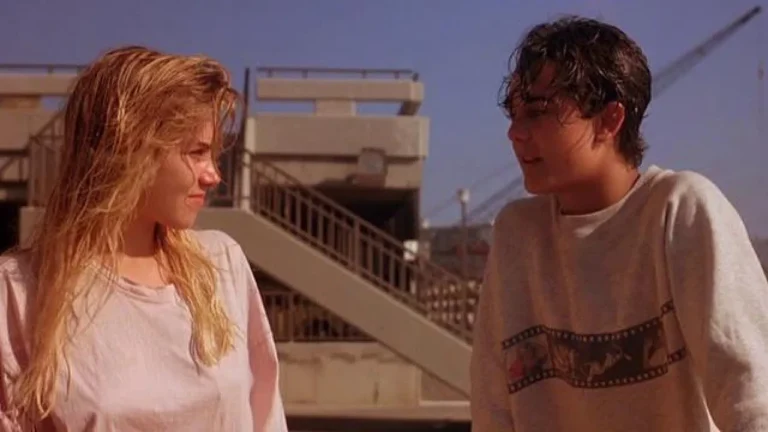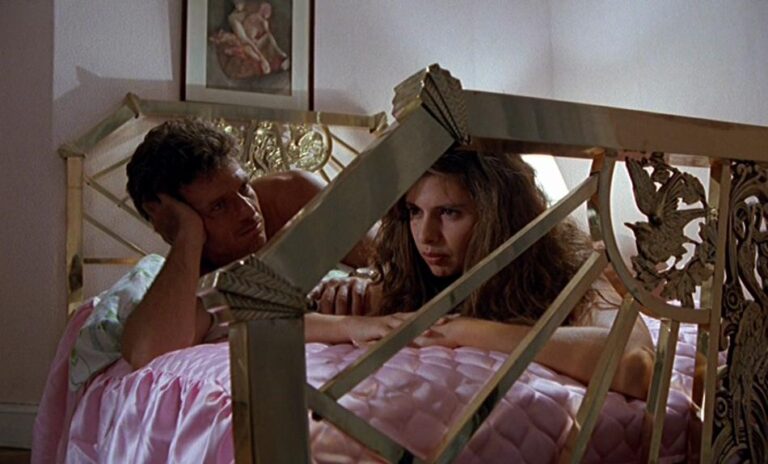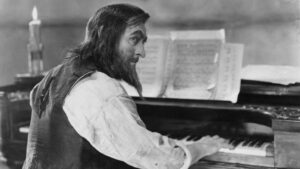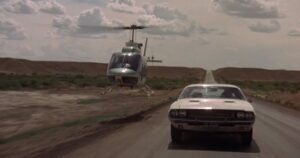Directed by Alex Proyas
Written by David J. Schow and John Shirley
Starring:
- Brandon Lee as Eric Draven
- Rochelle Davis as Sarah
- Ernie Hudson as Sgt. Albrecht
- Michael Wincott as Top Dollar
- Bai Ling as Myca
- Sofia Shinas as Shelly Webster
- David Patrick Kelly as T-Bird
- Angel David as Skank
Rating: ![]()
Since Tim Burton’s Batman reimagined the mainstream potential of Gothic aesthetics in Hollywood, a shadow has loomed over much of the darkly ornate cinema that followed. Films like Dick Tracy, Bram Stoker’s Dracula, Bride of Chucky, and Blade have been dismissed for borrowing too liberally from Burton’s stylized palette. The Crow (1994), directed by Alex Proyas, is often caught in this dragnet, but it deserves a more nuanced appraisal. What might be mistaken as derivative—its chiaroscuro cityscapes, the funereal costuming, the overt romantic morbidity—actually signals a fervent, even melancholic sincerity. Based on James O’Barr’s graphic novel, The Crow operates less as pastiche and more as an operatic lament, a goth-inflected revenge tale steeped in sorrow, violence, and a yearning for transcendence.
At its core, The Crow is a simple tale of retribution: Eric Draven (Brandon Lee), a murdered musician, returns from the grave, granted unholy powers by a mythic crow, to avenge his own death and that of his fiancée, Shelly. Their brutal demise on “Devil’s Night” in a squalid, rain-slicked Detroit—more purgatory than metropolis—is the film’s primal wound. But revenge here is not nihilistic spectacle; it is grief expressed in supernatural form, an elegy in motion. Eric’s visage—chalk-white face, mascara tears, crow-black leather—becomes a mask of mourning, a stage for his ghostly vendetta. The violence is brutal, yes, but stylized to the point of abstraction, carried along by Proyas’ baroque compositions and the industrial-rock energy that pulses through the film like a second heartbeat.
Yet the film’s bleakness is not total. In the noir-drenched ruin of the city, rare glimmers of goodness remain. The bond between Eric and Officer Albrecht (Ernie Hudson) is one of cautious trust that evolves into soulful camaraderie. And in Sarah (Rochelle Davis), a teenage girl adrift amid urban neglect, we see innocence attempting to weather the storm. Her connection to Eric and Shelly—tinged with familial longing—gives the narrative its emotional anchor. She isn’t just a witness to tragedy; she’s a vessel for memory and moral clarity in a world rotting from within.
There are flaws, of course. The editing bears the frantic scars of ‘90s genre pacing, often robbing scenes of their rhythm and weight. The tonal shifts—from tender flashbacks to vicious action—can feel clumsy, even jarring. And the romanticism, while earnest, is sometimes too syrupy, veering into the kind of sentimentalism that undercuts the mythic grandeur the film otherwise strives to attain. One senses, too, the strain of posthumous completion—Brandon Lee’s tragic on-set death cast a long shadow over the production, and certain sequences bear the unmistakable mark of visual patchwork and narrative compromise.
Even so, Brandon Lee’s performance stands as the film’s beating heart. There is a wounded gentleness beneath his fury, a soulful melancholy that gives Eric dimension beyond the comic book archetype. That Lee died making this film lends the entire project an uncanny resonance—his spectral presence on screen becomes not only a character but a posthumous echo, deepening the film’s themes of loss and return. The Crow may not transcend all the limitations of its genre or its time, but it channels enough pain, passion, and poetic rage to stand as a compelling gothic artifact—messy, moving, and unforgettable.
